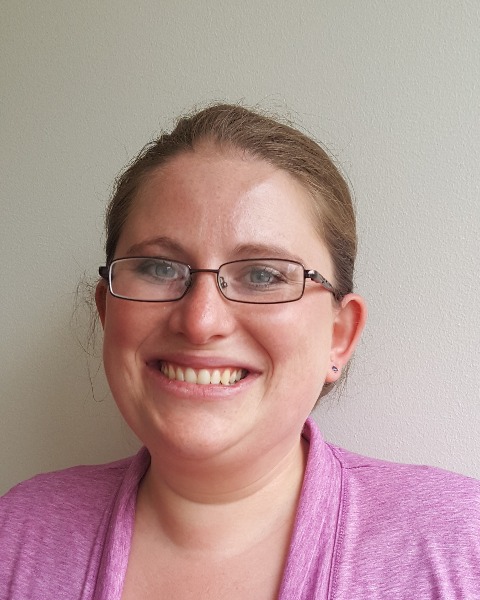Dissemination & Implementation Science
Acceptability of a Task-Shifting Model to Increase Access to Evidence-Based Anxiety Treatments for Latino Preschool Children
(PS5-D77) Acceptability of a Task-shifting Model to Increase Access to Evidence-based Anxiety Treatments for Latino Preschool Children
- LS
Lupita Santillan, Ph.D.
Postdoctoral Fellow
Seattle Children’s Hospital
Seattle, Washington - YG
Yesenia Garcia, B.A.
Clinical Research Coordinator I
Seattle Children’s Hospital
Seattle, Washington 
Cindy O. Trevino, Ph.D.
Assistant Professor
University of Washington School of Medicine
Seattle, Washington
Jennifer Blossom, Ph.D.
Assistant Professor
University of Maine
Orono, Maine- BC
Brent Collett, Ph.D.
Associate Professor
University of Washington School of Medicine
Seattle, Washington
Author(s)
Co-Author(s)
Objective: There is a paucity of research regarding task-shifting models for evidence-based anxiety interventions. Anxiety interventions are limited and often inaccessible for early childhood populations and for culturally and linguistically diverse children and families. There is an increased need for creative solutions to address the service gap for mental health intervention in these populations. A possible solution is the use of task-shifting to train non-mental health care providers to deliver brief mental health care interventions. The primary objective of this study was to understand the acceptability of a task shifting model, using promotoras, for the delivery of a preschool anxiety group intervention for Spanish-speaking parents.
Methods 6 parents who had previously completed a parent-focused anxiety intervention for their child participated in a two-part, 3-hour training and presentation outlining the role of a promotora and the task-shifting anxiety intervention program. Training topics included a promotora’s role for addressing issues of ethics and confidentiality, motivational interviewing, and core anxiety intervention skills (creating a fear hierarchy, exposures, troubleshooting exposures). We evaluated parent acceptability to the treatment model via a 60-minute individual audio-recorded semi-structured interview with a member of the research team. Interview questions focused on understanding the parents’ acceptability to the role of a promotora and benefits and barriers to this type of intervention. Qualitative interviews were independently coded by three members of the research team using a qualitative codebook.
Results: All parents identified as Hispanic or Latino and spoke primarily Spanish. Individual interviews (M = 60 minutes) were completed in Spanish with parents (M = 37.3 age). Parents participated in 100% of the training and presentation about the task-shifting anxiety intervention program. 100% of the families participated in post-training interviews. Preliminary qualitative themes indicate acceptability to the promotora role, recommendations for the promotora training, and barriers to the promotora role. Results highlight possible barriers (promotora from the same community) and cultural implications (normalizing seeking mental health services) for the implementation of a task-shifting (promotora) preschool anxiety intervention.
Conclusion: Preliminary qualitative data shows the acceptability of a promotora task-shifting preschool anxiety intervention for Spanish-speaking parents. This research will support the development of this type of intervention model and may have the potential to improving access to mental health care, especially for early childhood populations and Spanish-speaking children and families.

